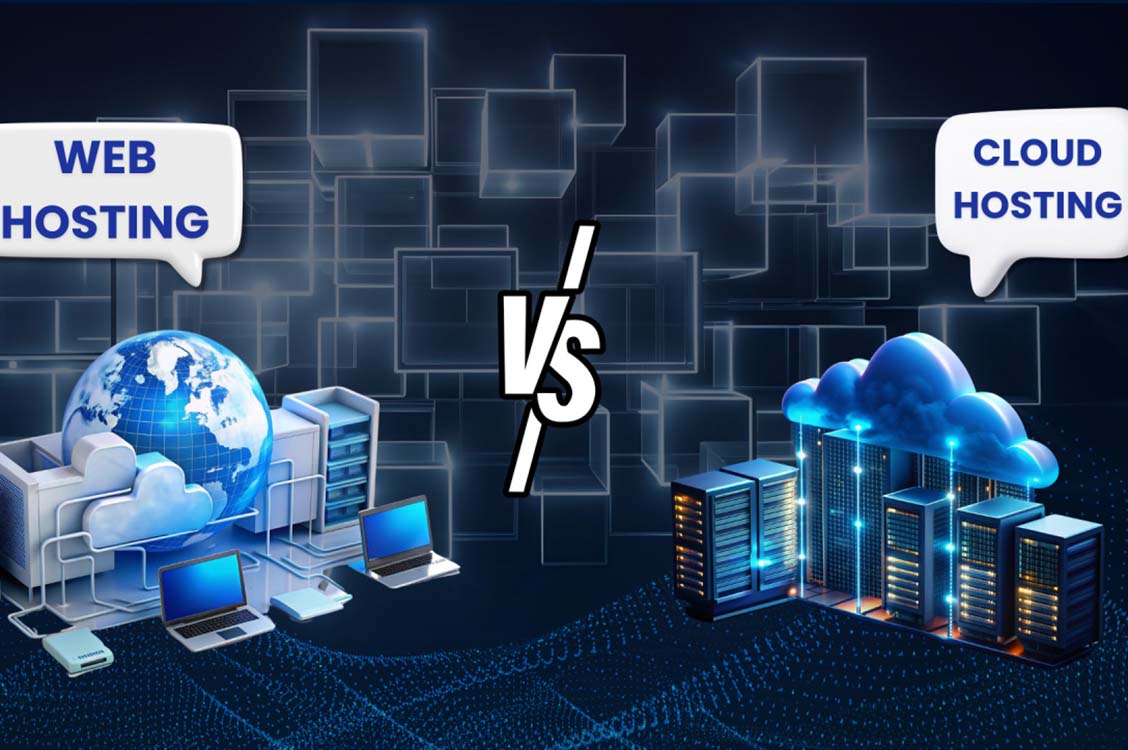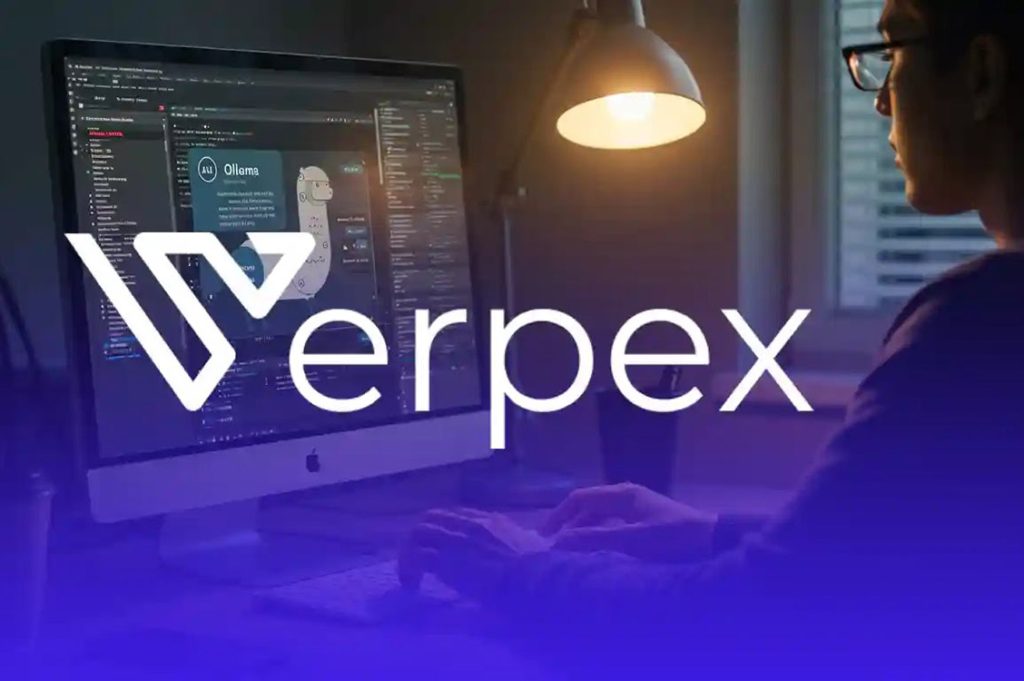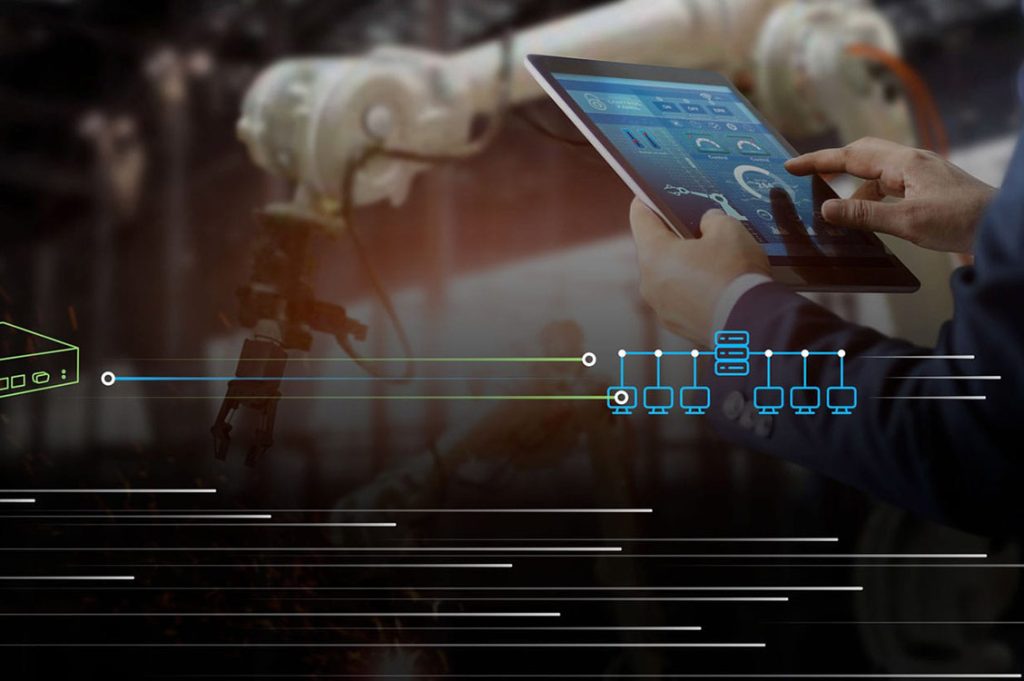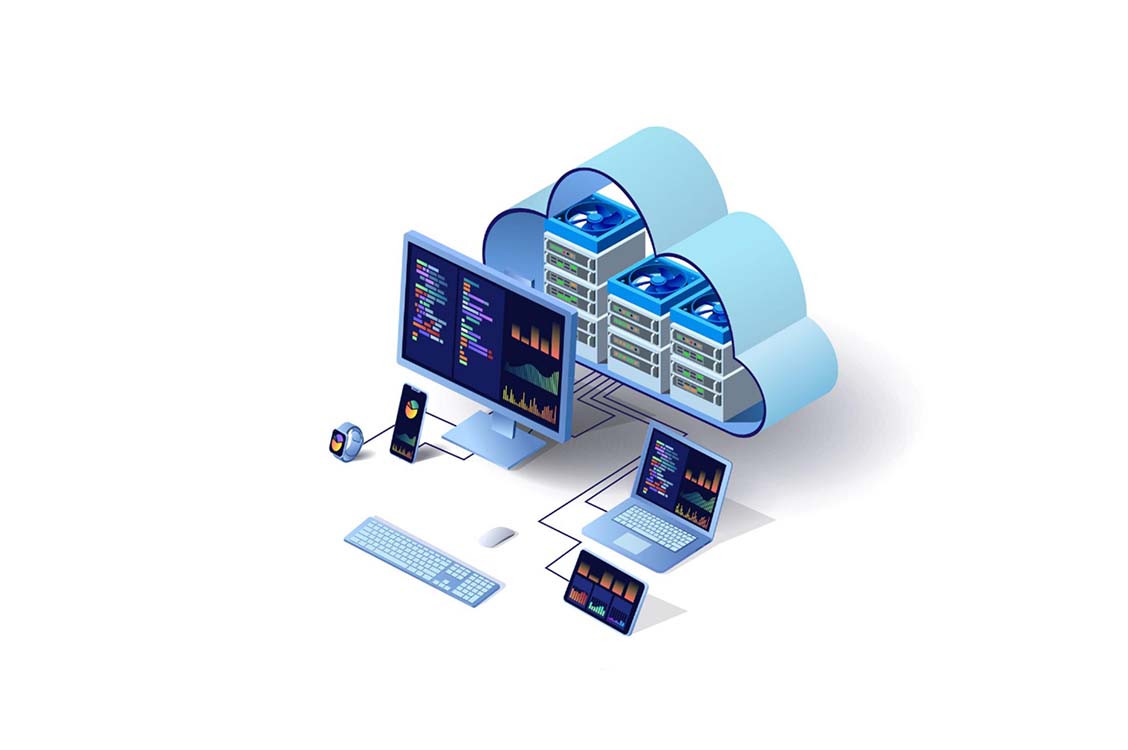Rebuilding the Cloud Era: A Deep Dive into the Future of Hosting

Over the past decade, the evolution of web hosting has far exceeded expectations. From shared hosting to cloud hosting, from traditional data centers to distributed nodes, and from single-site storage to multidimensional digital ecosystems, the entire industry has been undergoing a profound transformation. Among all these changes, Verpex has become one of the most representative names—not only because of its technical innovation but also because it has captured the pulse of the future.
Today, I want to talk about what I see as the future trends of Hosting—an intelligent, distributed, and security-driven era of cloud hosting. And this future is already quietly unfolding.
1. Cloud Is No Longer a Trend but the Foundation
A few years ago, people were still debating whether traditional hosting or cloud hosting was better. Now, that question hardly matters anymore. “Cloud” is no longer an option; it has become the underlying logic of the hosting industry.
The growth path of Verpex perfectly reflects this trend. While it once offered traditional hosting plans, nearly all of its current products are now cloud-based.
The advantages of the cloud are obvious:
- Scalability: Instantly allocate resources during traffic surges.
- High availability: Multi-node redundancy ensures minimal downtime.
- Global deployment: Servers intelligently balance loads across regions.
- Cost efficiency: Pay only for what you use and avoid resource waste.
In the next five years, it’s almost certain that the hosting industry will become fully cloud-driven.
More importantly, “cloud” will evolve from being a technical concept to a user experience. Brands like Verpex are making the cloud feel “invisible”—users don’t need to understand the architecture; they simply enjoy the speed and stability.
2. AI Hosting: Letting Servers Think for Themselves
The future of hosting will go far beyond “smart control panels” or “automated backups.” It will be an AI-driven hosting ecosystem.
Currently, Verpex has already begun testing intelligent resource allocation features in some of its hosting services. The system can automatically adjust CPU and memory usage based on traffic patterns, keeping websites smooth even during peak periods.
The core idea behind this automation is prediction—making hosting systems capable of foreseeing demand before it arises.
Future AI-powered hosting will likely evolve in several directions:
- AI Resource Prediction and Optimization: Analyze traffic curves to allocate resources in advance and prevent bottlenecks.
- AI Security Protection: Detect attacks using behavioral algorithms instead of static firewall rules.
- AI Customer Support: Virtual assistants capable of resolving common issues instantly.
This means that future hosting will not only “host” websites but also understand users and act proactively.
In this regard, Verpex has become an industry benchmark—their systems are transitioning from reactive management to predictive intelligence.
3. Security: The Foundation of Trust in the Cloud Era
If speed is the soul of hosting, then security is its backbone.
As cyberattacks become more sophisticated, future hosting services must shift from “defensive” to proactive security.
The Verpex security framework stands out in this aspect. It provides more than SSL certificates, firewalls, and DDoS protection—it builds a Zero Trust Architecture, where every access and every file upload undergoes intelligent verification.
This philosophy represents the direction of future secure hosting.

We can expect upcoming security trends to include:
- Distributed backups: Real-time mirroring across multiple data centers to eliminate single points of failure.
- Zero-trust access control: Every internal and external connection must be verified.
- Automated threat response: AI detects and blocks suspicious traffic in real-time.
- Quantum-grade encryption: Preparing for the challenges posed by quantum computing.
Security will no longer be an added feature—it will be the core of hosting competitiveness.
Verpex has already begun redefining what “secure hosting” means in the modern era.
4. Sustainability and Green Hosting: Technology with Responsibility
Energy consumption has become another major theme for the tech industry.
Traditional data centers consume enormous power; globally, their annual energy use already exceeds that of some mid-sized countries.
In the future, green hosting will become a key direction for the hosting industry.
Verpex has been making notable progress in this field—their servers are increasingly powered by renewable energy, and they’ve reduced emissions by optimizing hardware and virtualization efficiency.
Future hosting will likely follow these trends:
- Carbon-neutral data centers: 100% renewable energy for all operations.
- AI-driven cooling systems: Dynamically adjusting server temperatures.
- Energy-efficient virtualization: Maximizing resource use and minimizing hardware demand.
- Green certification standards: Recognizing providers that demonstrate environmental responsibility.
This is not only a technological evolution but also a statement of corporate responsibility.
Verpex stands out as one of the pioneers leading this green transformation.
5. Multi-Cloud and Edge Computing: Breaking Centralization
The future internet architecture will no longer revolve around centralized data centers. Instead, it will evolve toward Edge Computing, where data is processed closer to the user, reducing latency and improving speed.
This new paradigm ushers in a “multi-cloud coexistence” era.
A single website or app may be distributed across multiple cloud providers, with systems automatically managing resources for optimal performance.
Verpex has already positioned itself in this field—their global data center strategy allows users to choose hosting locations freely, achieving true geographic acceleration.
This multi-cloud architecture will likely dominate the future, balancing security, speed, and flexibility.
6. User Experience: From Technical to Effortless
In the past, web hosting was often associated with technical frustration. Many beginners struggled with control panels and DNS configurations after purchasing a hosting plan.
Future hosting will remove these technical barriers and become effortless.
The design of Verpex products reflects this shift perfectly:
- One-click installations for WordPress, Joomla, and other platforms.
- Visual control panels for all management functions.
- Smart migration tools that move entire sites without manual backups.
- Unified dashboards to manage domains, emails, and databases in one place.
The philosophy behind these features is simple: turn hosting from a technical service into an experience service.
Future users won’t care about the underlying technology—they’ll care about smoothness, reliability, and time saved.
And brands like Verpex, focused on simplicity and usability, will undoubtedly lead this change.

7. Business Transformation: From Selling Space to Building Ecosystems
The hosting business used to be about selling storage space. In the future, it will be about selling ecosystems.
Users no longer just need servers—they need a full suite of tools that support their websites, from domain management and email hosting to backups, security, and SEO.
Verpex has already started building such an ecosystem. Instead of just selling hosting, they’re creating a one-stop digital environment where:
- Website deployment
- Security monitoring
- Marketing integration
- Performance analytics
can all be managed within a single platform.
This is the future shape of hosting services—from providing infrastructure to providing growth solutions.
8. The Next Decade: From Hosting to Empowerment
If the hosting services of the past were designed to keep websites “alive,” the hosting services of the future will be designed to make websites stronger.
Hosting will no longer just be a place to store content—it will become a platform that helps users grow, optimize, and monetize.
In this transformation, Verpex represents a new vision for the industry.It integrates technology, service, intelligence, security, and ecosystem into one unified experience, allowing every user to focus on what truly matters—creating value.In the coming years, hosting may even become “invisible,” seamlessly integrated into every aspect of digital life.From small blogs to global enterprises, hosting will remain the foundation of digital existence.And within this digital wave, innovative brands like Verpex are redefining what hosting really means.


